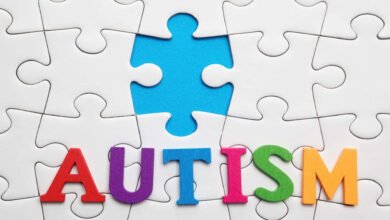Study Examines how Early Experiences Shape our Mental Health Trajectory

Source: https://www.psypost.org/
A study published in Biodemography & Social Biology explores how adverse childhood experiences (ACEs) can lead to adult anxiety and depression, with life history strategies acting as a mediator. The study builds on existing research about the psychological impact of early adversity and examines it through the lens of life history theory.
This theory suggests that individuals raised in unstable or hostile environments often adopt a “fast” life strategy, focusing on early reproduction and risk-taking, while those in stable environments tend to adopt a “slow” strategy, prioritizing long-term planning and higher parental investment. The study by Nazila Amani and Gholamreza Dehshiri found that these life strategies not only influence reproductive outcomes but are also linked to mental health, with fast life strategies being associated with increased vulnerability to anxiety and depression.
A study of 248 Iranian adults (162 women and 86 men) aged 18-53, conducted during the COVID-19 pandemic, examined the relationship between adverse childhood experiences (ACEs), life history strategy, and adult anxiety and depression. Participants completed online assessments including the ACE questionnaire, Mini-K-20 (measuring life history strategy), and the anxiety and depression subscales of the General Health Questionnaire (GHQ-28).
The findings revealed that individuals reporting higher ACEs tended to adopt a “fast” life strategy, focusing on immediate survival and adaptation to unstable environments. This strategy, although adaptive in certain contexts, was linked to higher levels of anxiety and depression in adulthood, suggesting that early adversity may increase vulnerability to psychological distress later in life.
The study found no significant gender differences in the mediation model, indicating that life history strategy mediates the link between ACEs and mental health similarly for both men and women. This supports the idea that life history strategy plays a key role in understanding the long-term impact of childhood adversity on mental health. However, the study’s reliance on retrospective self-reporting of childhood experiences may introduce recall bias, and the pandemic context could have inflated anxiety and depression scores, limiting the generalizability of the results.
Image Source: https://www.psypost.org/





